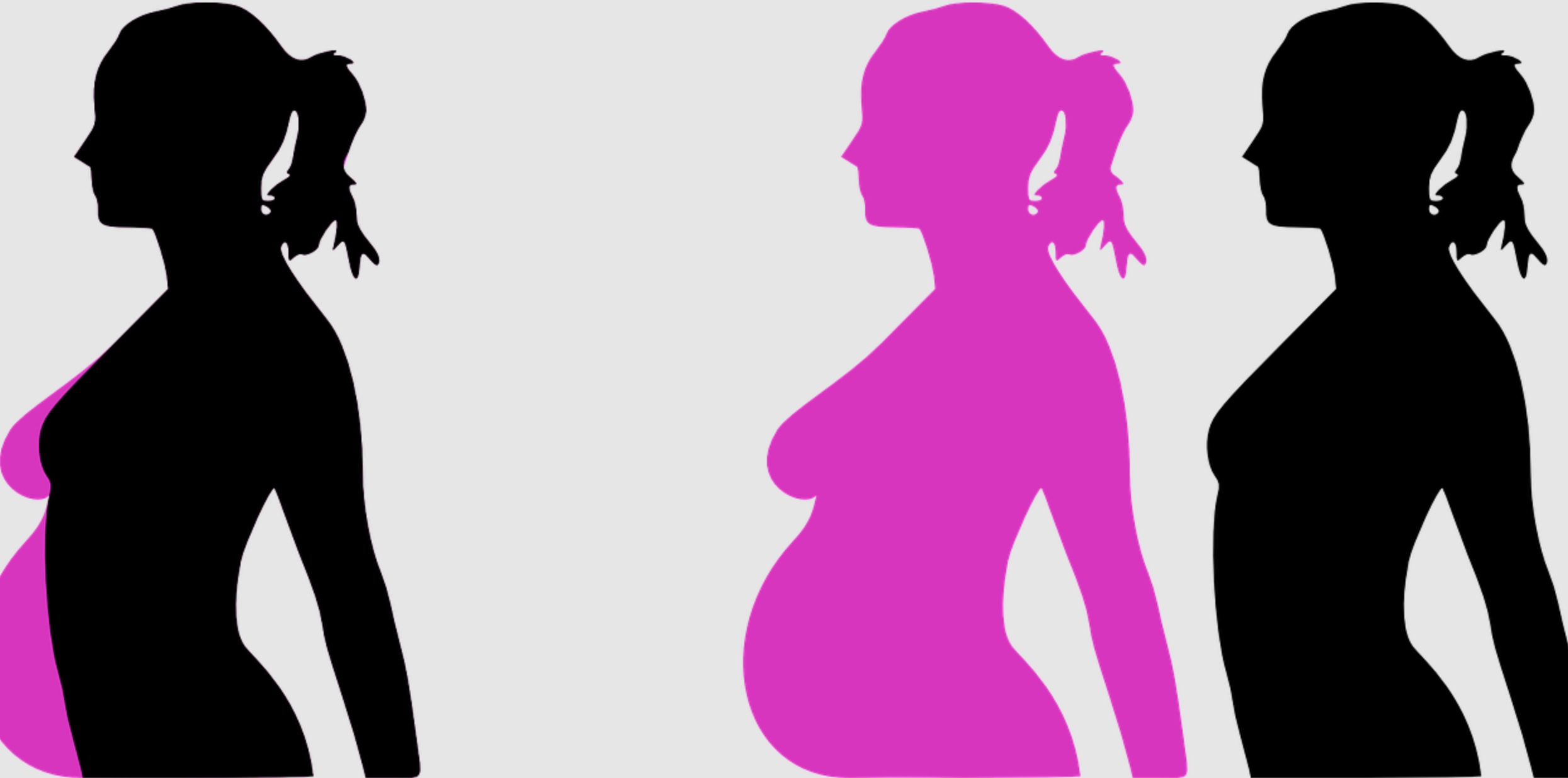The time period in which a female is most fertile is between 12-16 days before the next menstrual period starts, during the day of ovulation and ends on the day after ovulation. This article will cover what you need to know about your ovulation process so that you can better understand it and identify when you are going through it. It might seem like a lot but this information could be very helpful for women who want to plan pregnancym particularly if using a fertility clinic in London. Please read on if you have any questions or concerns with regards to your ovulation cycle!
What is ovulation?
Ovulation is the release of an egg from a woman’s body as well as the secretion of certain hormones to prepare the uterus for pregnancy. The hormone oestrogen which is produced in large quantities during ovulation causes changes in the uterine lining, which makes it more suitable for implantation of a fertilized egg.
The menstrual cycle usually lasts between 24-36 hours but cycles can be different depending on what side of the fertility chart you are on. If you have fertility issues, consult a fertility specialist who might recommend taking Clomid medication.
When does your body begin to prepare for ovulation?
The body begins to prepare for ovulation a few days before it actually starts to take place. The following things will begin to take place:
- A woman’s natural estrogen levels start to increase which impacts her mood and energy levels. This is called a pre-ovulatory phase.
- Menstrual flow may decrease or stop entirely while the uterine lining is maintained at a high level of thickness so that it can receive a fertilized egg over the next 24 hours. This is called the secretory phase.
- Melanocyte stimulating hormone, or MSH, will also surge from the brain’s pituitary gland to dictate the level of sensitivity in the cervix region.
- In this phase, a woman may feel a change in her vaginal discharge from being dry and sticky to smooth, clear and elastic. She might also feel increased wetness inside her vagina as well as an increase of lubrication around the outside.
- The mucus that is secreted will have a distinct fern pattern or it may become cloudy or milky white instead of transparent.
What happens during the day of ovulation?
The day of ovulation will be the most fertile day that a woman has during her menstrual cycle. In this stage, an egg is released from the ovary and it travels down the fallopian tube to meet with sperm if there are any present. It takes around 3-6 hours for an egg to reach the uterus or to be fertilized by a sperm.
If you are unsure of how your ovulation process works, this article should provide some helpful information. During ovulation, there will be changes in vaginal discharge and wetness which make it easier for sperm to penetrate during sex or other forms of intercourse. If all else fails, using protection like condoms is always advised when engaging in sexual activity!






